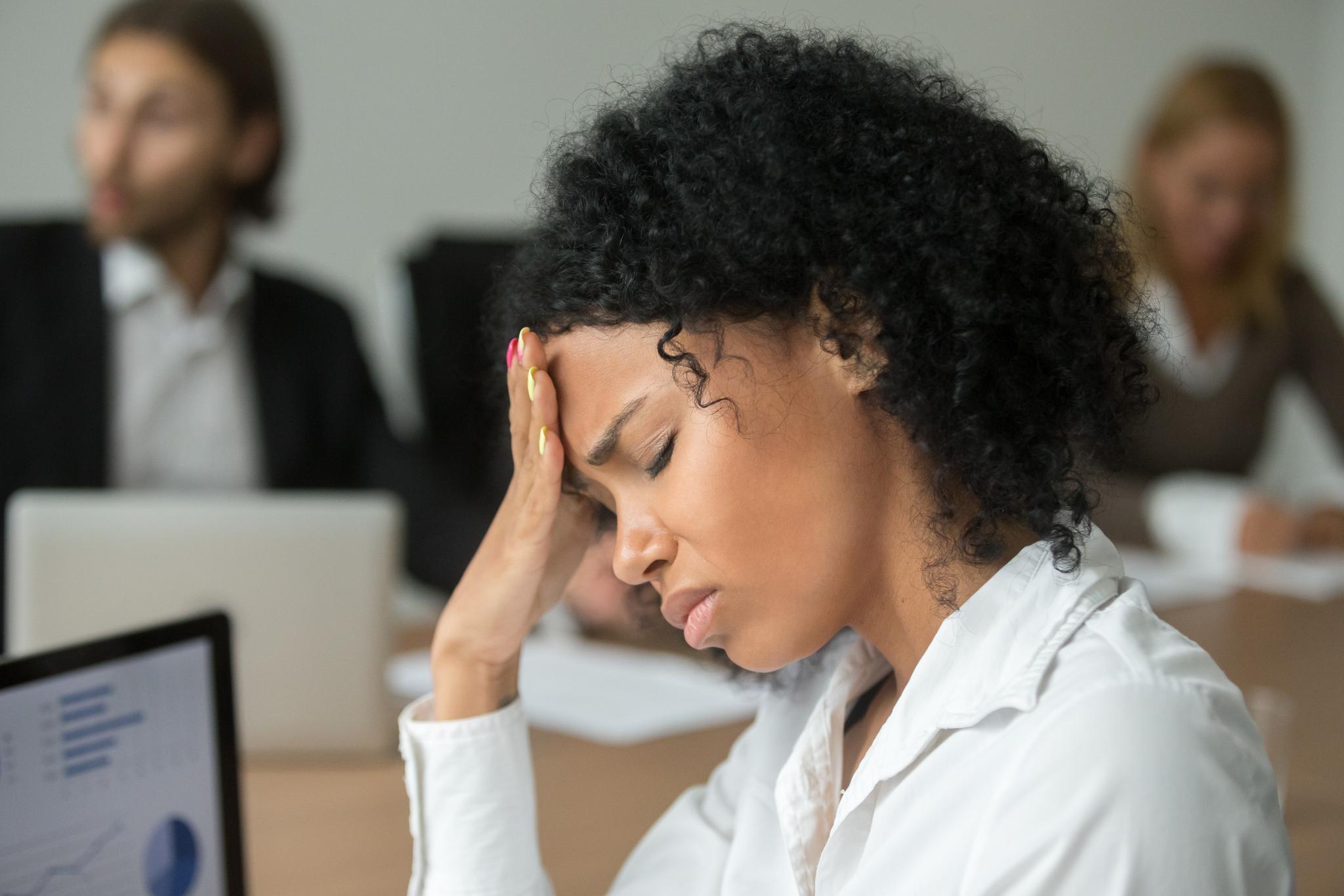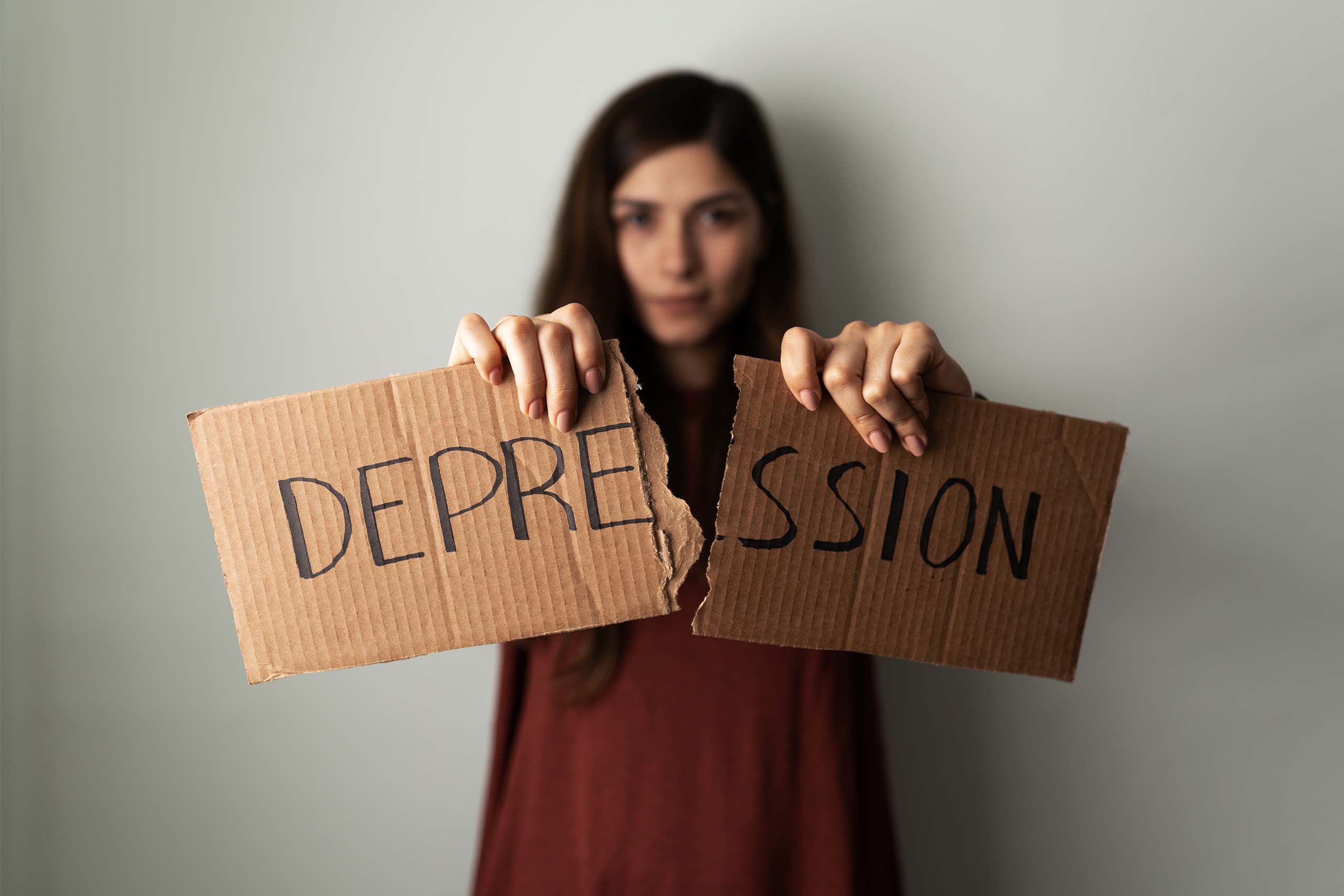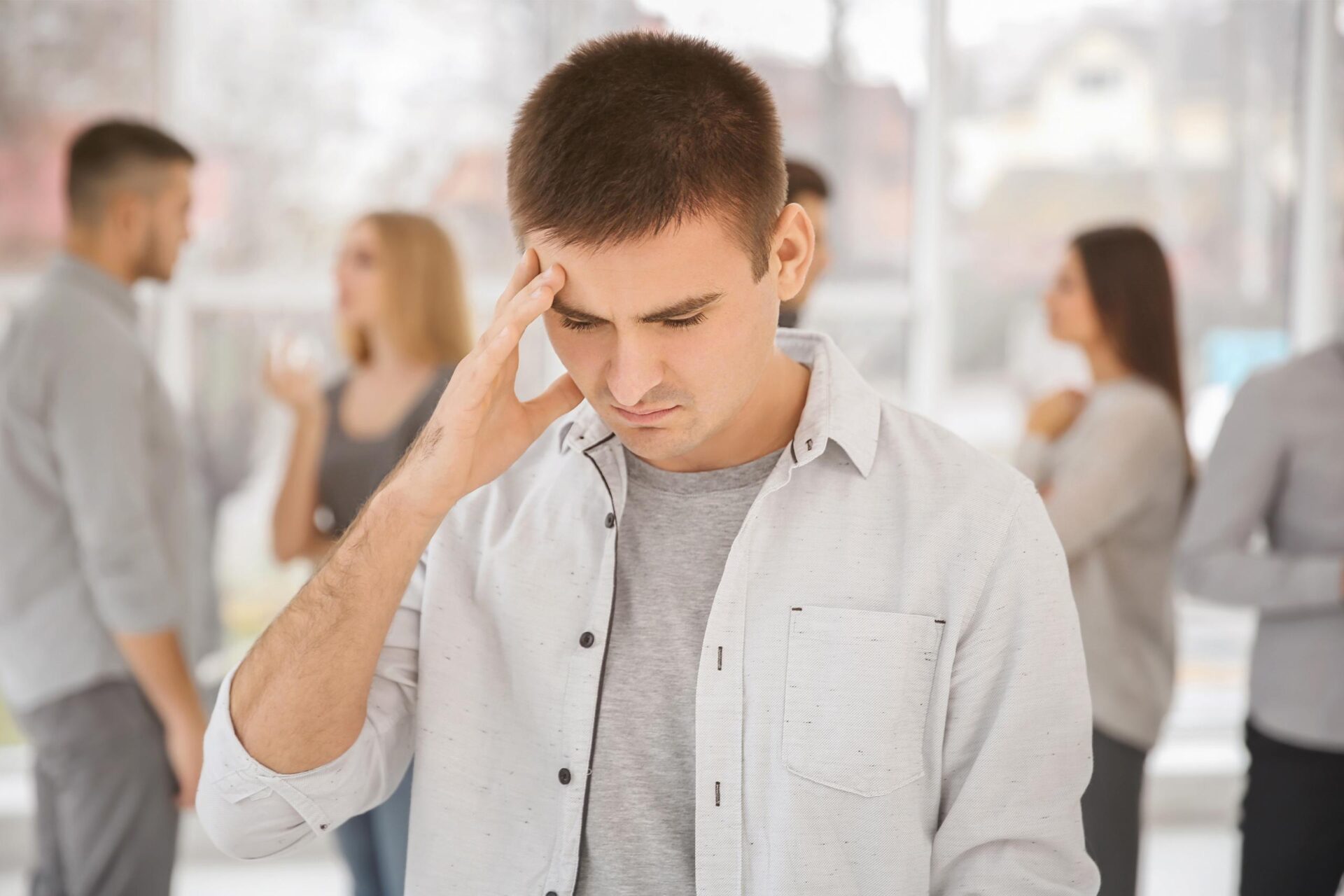How to Recognize the Common Symptoms of Anxiety
- July 22, 2021
- 5 min Reads

Anxiety is normal in life. You might feel it before addressing groups or when filling out a job application. In short-term situations, it increases the heart and breathing rate along with the concentration of blood flow to the brain.
This physical response prepares you for an intense situation. When it becomes too intense, people feel nauseous and lightheaded. Persistent or excessive anxiety has negative effects on the mental and physical health of a person. When people experience powerful and frequent bouts of anxiety, they can interfere with one’s life.
It can affect your career, social obligations, and family life. Panic attack leads to various physical symptoms such as lightheadedness, heart palpitations, and chest pains. Other signs include compulsive behavior, social withdrawal, and irritability. Those suffering from prolonged anxiety have fatigue, sleep problems, and physical ailments without any underlying reason.
There is an increased flow of blood to different parts of the body when a person feels stressed out and anxious. This is due to the brain triggering the secretion of chemicals and hormones.
[cta_shortcode]
1. Excessive Worrying
While it is normal to worry occasionally, those suffering from generalized anxiety disorder (GAD) experience the problem continues. Such people worry about things like family, money, and health on a large scale.
They continue with such worries even without any clear underlying reason. Controlling such worries is often hard so the sufferers cannot focus on daily tasks.
2. Feeling Agitated
Anxiety triggers the functioning of the sympathetic nervous system and it kicks off cascading effects through the body like sweaty palms, racing pulse, dry mouth, and shaky hands.
These symptoms make the brain sense danger and prepare the body against this threat. The body directs blood from the digestive system to the muscles when there is a need to fight or run. This increases the heart rate, heightening the senses.
3. Easily Startled
Anxious people may feel excessively jumpy so it is important to stress these feelings. Those suffering from the problem have an increased startle response. This signifies that the person freaks out even when there is only slight stimulation at an unguarded moment.
4. Problems Sleeping
An adult needs 7-9 hrs of sleep nightly on average so any disturbance in the sleep schedule indicates a problem. Both anxiety and stress lead to sleeping problems and make falling asleep and staying asleep more difficult. Discuss underlying issues with a doctor to discover the ways to correct this.
5. Everyone Around you is Getting on Your Nerves
Always feeling like you’re on a short fuse is an indication of underlying issues that require proper diagnosis. There is a heightening of the freeze, flight, or fight response in anxiety sufferers. Fight refers to another aspect of the flight response where you feel impatient and annoyed by others’ actions. Some people may feel extreme emotions like hatred and rage.
6. Feeling Restless
This is another symptom common to an anxious person, especially in teens and children. Those experiencing restlessness complain of being on the edge with an uncomfortable urge for movement. Children suffering from anxiety disorders often complain of restlessness and this is the major symptom.
Not everyone suffering from anxiety feels restless but it is a red flag for the condition. When you feel this on most days and the situation continues for over six months, it could indicate an anxiety disorder.
Additional Read
How to Fight Back Workplace anxiety?
7. Panicking Easily
Panic attacks are terrifying. When a sudden feeling of helplessness and fear grips a person, it lasts for several minutes. Sufferers may experience breathing problems, numb or tingling body parts, a racing heart, sweating, weakness, dizziness, stomach pain, chest pain, or cold or hot feelings.
Such common signs are the result of the body’s responses. People experiencing heightened arousal continuously have increased adrenaline and cortisol levels in the body. This in turn generates physical symptoms.
Everyone experiencing panic attacks at some point in life does not have an anxiety disorder. However, repeated experiences may indicate a panic disorder. Sufferers are in constant fear of when, why, and where the next attack comes. They avoid going to places or get in the same situations that triggered the previous attack.
8. Getting Tired Easily
Being easily fatigued may be another symptom of a general anxiety disorder. This is a surprising symptom because most only think of arousal and hyperactivity as common symptoms of anxiety.
Fatigue can manifest itself through muscle tension and insomnia. It may be a result of hormonal changes as well. Remember that fatigue could also be a symptom of depression so this alone does not help to diagnose an anxiety disorder.
9. Problem in Decision Making
Some people become too emotionally attached to the decisions they make. This is another indication of anxiety. Some people are unable to make decisions with conviction because they are too afraid to make a choice that could make someone unhappy. They also tend to make mountains out of molehills, fearing the worst even if the risks are small.
10. Difficulty with Concentrating
Most people suffering from anxiety disorders find it difficult to concentrate on anything, and this makes both their work and personal lives suffer. A study done on teens and children suffering from general anxiety disorders showed that most found it difficult to focus on the subject at hand.
Another study done on adults dealing with the same problem found similar results and the degree of the anxiety disorder suffered exacerbated the problem.
Some studies have shown that people dealing with anxiety disorders have an interrupted working memory. This holds short-term information. It explains any dramatic reduction in the performance of the individual.
Their ability suffers most during the high anxiety periods. Difficulty in focus and concentration may indicate other medical conditions as well. This includes depression and attention deficit issues.
Conclusion
Anxiety leads to tension, fear, and worry, which negatively impact the mental health of a person. This may cause serious physical symptoms and panic attacks.
This problem is commonly affecting many people, and the related triggers vary from one person to another. Identifying triggers helps with its proper management.
Click here to find more blogs that will guide you through life by Logging in/ Registering With Divine You Wellness.





